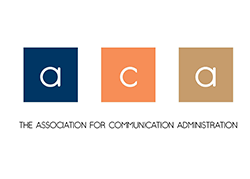Abstract
In the face of high-profile cases of scientific fraud, there has been a renewed call among scholars to reconsider current best practices in academic publishing. Prominent in these discussions is a set of open science practices that ask scholars to “publish more” of their research—not in terms of manuscripts, but in terms of supplemental materials to the scientific enterprise. Through creating, curating, and publishing artifacts such as study materials (experimental stimuli, survey texts, etc.), datasets and analysis code, and other content, the scientific process is made more transparent for readers. However, such practices involve a substantial labor cost to researchers that is de facto invisible, as few institutions formally recognize the value in these practices, which can serve to implicitly disincentivize their adoption. This essay presents a brief review of open science practices (including their challenges and opportunities) and suggests ways in which administrators can incentivize these practices, as well as the local and global impacts of those incentives. Ultimately, administrators have the capacity to reward scholars for producing quality and impactful scholarship.
Author ORCID Identifier
Nicholas David Bowman: 0000-0001-5594-9713
Patric R. Spence: 0000-0002-1793-6871
Lindsay Hahn: 0000-0002-0039-9782
Recommended Citation
Bowman, N. D., Spence, P. R., & Hahn, L. (2023). Open, Organized, and Onerous: Understanding and recognizing the labors of open science. Journal of the Association for Communication Administration, 40, 61-70


